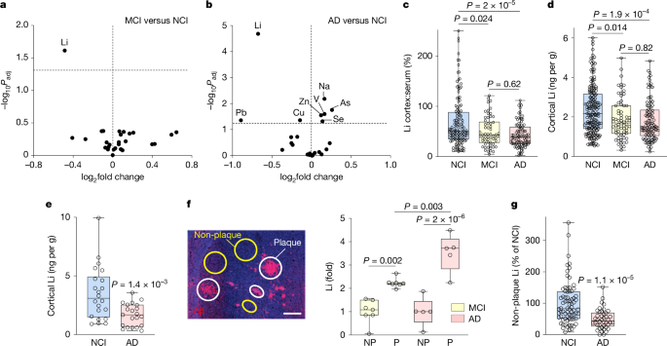Throwing it back to another hi...

Throwing it back to another hit infographic from The Cannigma Should we to update this to include flavorants like cannasulfur compounds (CSCs), and maybe even some newly discovered alkaloids?! | Codi Peterson
Throwing it back to another hit infographic from The Cannigma Should we to update this to include flavorants like cannasulfur compounds (CSCs), and maybe even some newly discovered alkaloids?!
Humans aren't meant to be ...

Humans aren't meant to be sedentary. Your whole body changes when you exercise — right down to your organs and cells. Exercise doesn't just tone muscles. It transforms the entire body at a… | Vincentius Liong/Leong 梁国豪 | 71 comments
Humans aren't meant to be sedentary. Your whole body changes when you exercise — right down to your organs and cells. Exercise doesn't just tone muscles. It transforms the entire body at a molecular level. In a study published in Nature, researchers from UF Health, as part of the National Institutes of Health-funded MoTrPAC (Molecular Transducers of Physical Activity Consortium), discovered that virtually all organs in lab rats showed profound molecular changes after just weeks of treadmill training. Analyzing 19 different tissues, including lungs, spleen, intestines, and adrenal glands, the team identified more than 35,000 molecular features — proteins, genes, and metabolites — that changed as a result of exercise. These findings begin to map out the intricate biological responses that help explain why exercise prevents disease and supports overall health. Importantly, the study revealed sex-specific responses to exercise and highlighted organ systems often overlooked in fitness research, such as the gut and adrenal glands. Notably, exercise appeared to benefit intestinal health, pointing to potential treatment avenues for conditions like irritable bowel syndrome and chronic inflammation. The ongoing research will eventually include human trials, but this detailed preclinical data is already available in a public database, paving the way for innovations in preventive health strategies and drug development. As lead investigator Karyn Esser, Ph.D., notes, "Exercise is an incredibly potent physiological stimulus for human health," and now we are starting to understand just how deeply it affects the body. Source: M. Rea. "Study pinpoints molecular changes in rats after exercise" (2024). UF College of Medicine Credits: CTTO, @hashem al-ghaili, thank you | 71 comments on LinkedIn
Psychosis Risk Is 2-3 Times Gr...

Psychosis Risk Is 2-3 Times Greater in Those With Major Childhood Adversities, Study Finds | Brain & Behavior Research Foundation
In the largest and most nuanced meta-analysis of its kind to date, researchers have found that significant adversity during childhood is associated with an increased risk of psychotic disorder or psychotic experiences. Specifically, as a group, people with psychosis are two to three times more likely to have experienced one or multiple forms of childhood trauma compared to healthy individuals, including sexual, physical, or emotional abuse, physical or emotional neglect, bullying, or disruptions and traumas involving their parents, the study found.

